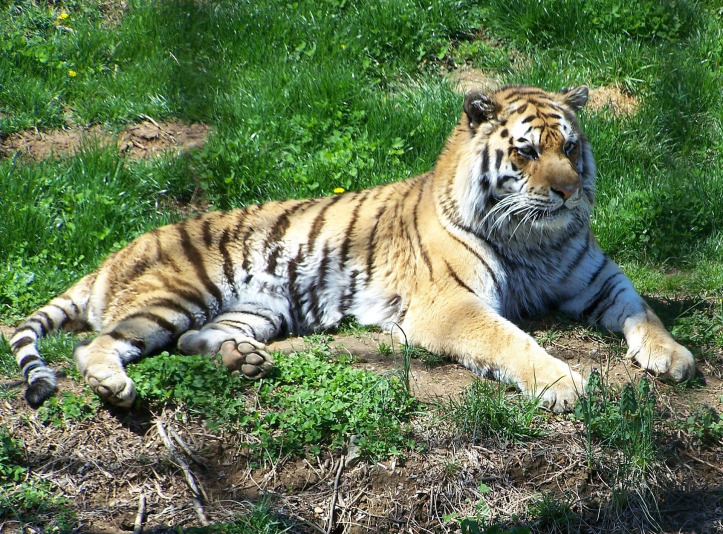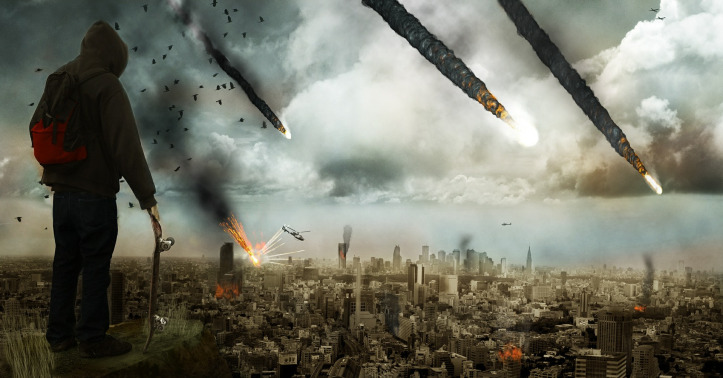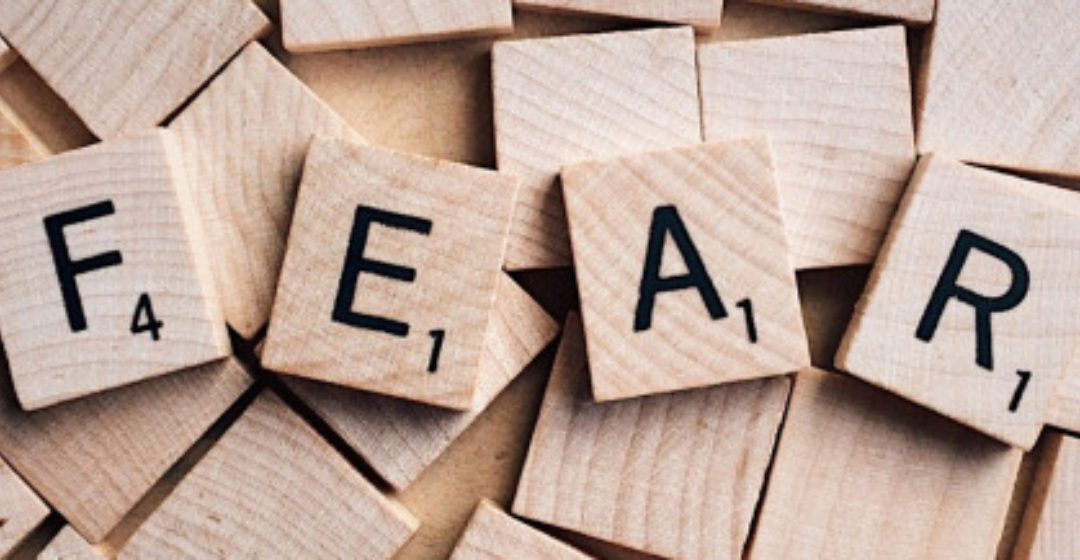Among the many motivators that are known to those who introspect, is fear. While there is no shame in accepting motivating emotions like pleasure, curiosity, achievement, ambition and power, not many would like to accept that that are motivated by fear too.
Irrespective of whether it is accepted and expressed, fear is a strong motivating factor in human beings. Don’t mistake bravado and external show of courage to mean fearlessness. Often an external show of bravado signifies the exact opposite of what someone is trying to make you believe. Real courage and fearlessness is far more calm and internal!
The Root Cause of Fear
Why we operate from a position of fear is deep rooted in our psychology and physiology. Understanding it gives us the power to control and counter this emotion that can be debilitating. It can also help in avoiding a lot of mistakes that are caused by decisions made from fear.
Our ancestors lived in the forest among other fauna. For millions of years, the position of a homo sapiens was somewhere in the middle of the food chain. The large cats and even the hyenas were above us in the food chain. Without razor sharp claws, pointed canines or extraordinary muscle strength, human beings had to wait their turn after the lion had had his fill and the hyenas had devoured what was left. No wonder we started using tools to reach the marrow of animals to consume what the hyenas could not get to. However, some sudden discoveries and inventions moved us straight from the middle order to the top of this food chain in a matter of a few years.
As man became more cognitively aware, he started creating tools that mimicked the sharp teeth of the panther and leopard. He also discovered fire which made other predators fear him. Such dominance acquired in a short time was completely different from erstwhile natural process where evolution took its time modifying species for survival.

The lion achieved dominance over the jungle over a long period of time. His increase in strength and ability was also countered with the ability of the prey to run faster or camouflage itself or climb trees. The balance of nature was always maintained. A long-drawn process of dominance that is acquired because of natural strength also comes with a lot of self-confidence. The lion does not feel fear when monkeys start to make a cacophony!
Man, however, did not acquire this strength based on biological evolution. It was a coup made possible due to brain development. The position at the top was not based on body size, wing span, sharp beak or poison but from an ability to manipulate nature and natural elements like fire. A relatively weak human could start a fire and burn down a whole forest along with all the fauna of the area equipped with only a couple of flint stones.
Without an intrinsic capability, man always remained anxious and fearful of losing his position! No human being would be afraid to fly had they grown wings in the process of evolution and started to fly on their own.
Power along with lack of self-confidence has made humans into dangerous creatures; far more destructive for humankind, nature and earth than any other predator nature has ever known.
Fear Rules Us Even Today?

At an individual level, we are scared to lose our position in society. We are worried about what people will think of us. We want to show that we are important people who have power in communities, groups and organizations. Since we perceive ourselves to be in a position of strength, we fear that we will lose that. All this, even though we no longer live in a jungle and have nothing to fear from predators or the natural calamities that our ancestors had to face.
Fear does not operate only at the individual level. It operates in societies, governments, organizations and corporates too. The ruling party in the government is forever worried about losing their position of power in the next election. Developing countries are anxious about the developing nations taking over their jobs and emerging as economic leaders. Despite being globally connected, ethnic hatred and xenophobia percolates many minds.
The very basis of many religious practices is fear. Judgment day and kayamat (day of judgment in Islam) is an overbearing factor to be considered when evaluating the moral value of any action. Will this action lead to a step towards heaven or towards hell? Rituals not performed properly could mean a black spot on your moral character.
Is Fear all Bad?

Not really! From our own experiences, we know that as a physiological reaction, fear can often warn us of bad things to come. If we have not lost the ability to listen to our gut and instincts, we can realize that often enough, it tells us the truth. What is lacking is our own ability to recognize it. We have the ability to sense danger just like other animals. We have, however, suppressed it over time because we consider ourselves to be masters who can manipulate and change the tide of things to come.
With higher levels of cognitive abilities, industry and science & technology we do have the ability to change the course of nature to a large extent. But we have lost the ability to listen to nature, our own gut and act accordingly too!
Don’t brush off this emotion as ‘black’. Listen to it when your body tells you too. It is an instinct that you have developed, and for good reason.
But
Don’t listen to it in the context of man-made things. Don’t listen to it when you are scared to end a marriage because you fear what other people will say. Don’t listen to it when you are anxious about changing your career to do something you love. Don’t listen to it when you want to dance and play! Don’t listen to it when you feel you will lose all your money if you put it in a new venture which you are passionate about.
Which of your societal / man-made fears will you let go today?


I appreciate your point about recognizing the difference between fears we should pay attention to and others we should overcome.
But I think fears involving other people (groups, families, close friends, significant others, etc.) should not all be dismissed too quickly. We are social creatures, and our fears of rejection, alienation, being tricked, cheated, ignored, etc. can be helpful radar.
In fact, the ‘brain development’ you mention that set us apart from the other animals long ago took place in part because our expanding social life required sharp perceptions, lots of memory, and language itself. When I am anxious about how a friend might react if I’m late for a meeting or cancel altogether, I can (partly) overcome it by reminding myself realistically about what he or she will think.
Anyway, I enjoyed your post. Thanks.
Brock
Thank you for your comment.
While I get your point about being concerned about what our core group of people (friends and family etc) think, they can surely not cause us fear. Being concerned about them, caring for what they will feel and not taking undue advantage of their love for us (by being late to meet them or ignoring/tricking them) is not really being afraid of what they think. That is the distinction I would like to make. Surely, we should care 🙂
The brain development that is required to enhance social engagements is also required by animals (obviously not as complex as what man indulges in today). Animals needed to socialize to form groups, attract the best pick of the lot for mating and also establish hierarchy and dominance. I referred to the brain development that allowed humans to invent tools and discover fire- tools that were not intrinsic to human beings but acquired from the outside.
Thanks again for the post – was great hearing a different point of view that encourages discussion.
Shiwani
Thanks for the response. Your clarification makes sense. Perhaps part of the difference here is the difference between fear and anxiety, the sharp response to a physical danger vs the steady uneasiness/nervousness about something in the future that might go wrong.
Looking forward to reading more of your posts.